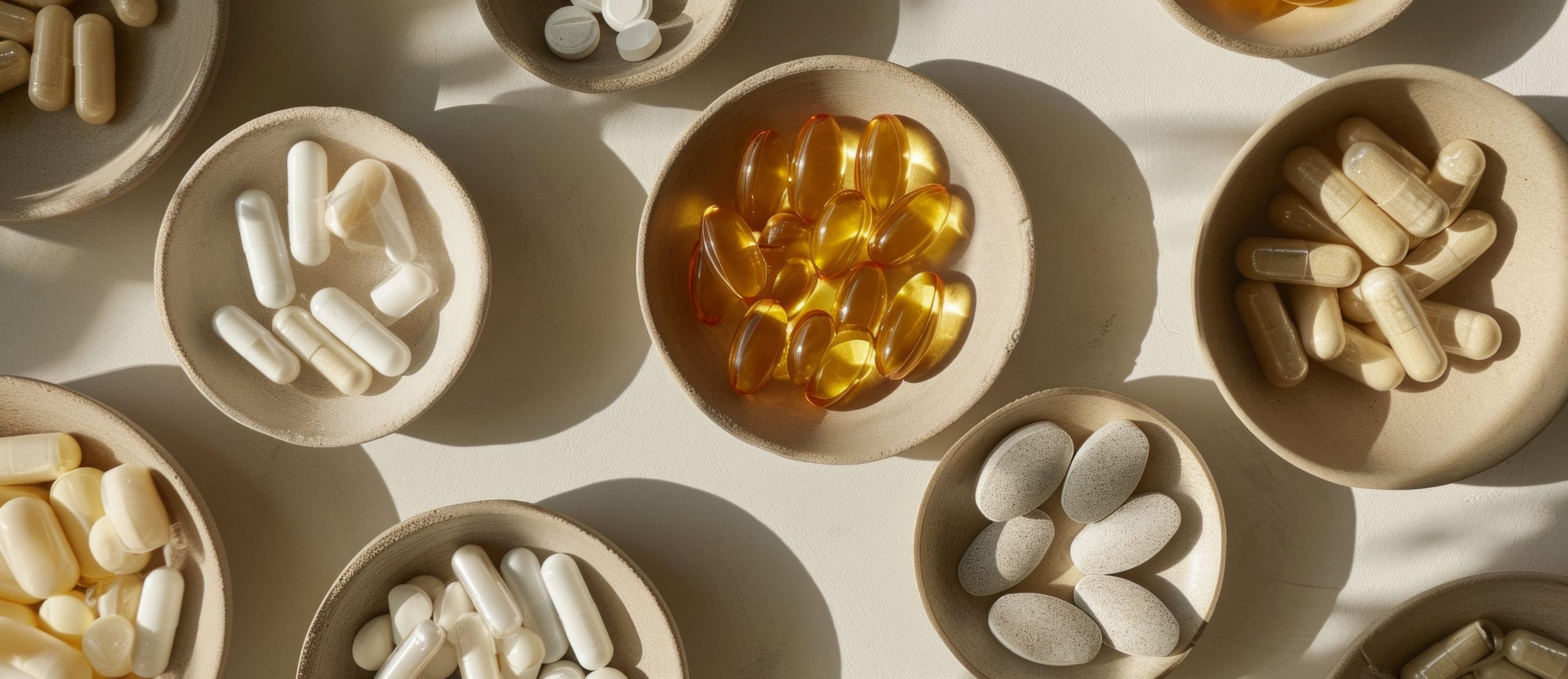Slowing the rate at which you age isn’t just for old people trying to stay on the topside of the sod… If you’re under 40, supplements can provide plenty of coverage and set a perfectly reasonable goal of reaching your upper 90s or early 100s.
Do understand that living a long life isn’t much use if you feel crappy for much of it. You want longevity without chronic debilitating illness, emphasis on “health span” over lifespan. You want to stand in line at a ski slope rather than a pharmacy.
Remember most chronic illnesses are the product of poor lifestyle choices, mainly dietary and inactivity. Let’s look at some theories on why we age:
- Genetic: This effect is probably overrated. If everyone in your family lives into their 90s, you’ve gotten lucky, but an unhealthy lifestyle will blow your advantage out of the water.
- Free radicals are altered oxygen molecules that we generate just because we’re living, breathing beings, but we also get them from our polluted environment, tobacco smoke, and fried foods. Free radicals inexorably damage cells, especially the tips of our chromosomes, called telomeres. I wrote more about this here. Telomere shortening is currently the strongest theory of why we age. Supplements called antioxidants mop up free radicals and preserve telomere length.
- Immunologic decline occurs with the passage of time. We saw this expressed during the Covid-19 pandemic with the highest mortality among the elderly. But again, healthy older adults without chronic illnesses did about as well as young people, their immune systems fit enough to protect them.
- Chronic stress throws a wrench into every smooth-functioning system of your body.
- Obesity, chronic inflammation, mind/body inactivity, and nutritional deficiencies all press the fast-forward button on aging.
HABITS THAT BOOST YOUR “HEALTH SPAN”
Now let’s review what you can do day-to-day to dial back aging.
First, start your own anti-aging eating program, asking at every meal, “Does this contribute to my longevity?” or, if you want to sound scientific, “Will this food shorten my telomeres?”.
Your goal isn’t all that difficult: Cut out added sugars of all types (from high fructose corn syrup to candy and all sugary drinks). Same for high-glycemic/white foods, including refined-flour breads and pasta, pastry, cakes, and cookies. Skip junk food entirely. I recently grabbed a can of allegedly sugar-free, carbonated water and spit it out because it was so nauseatingly sweet. I’d never heard of one ingredient, potassium acesulfame (Ace-K), 200 times sweeter than sugar (!!). Ready for this? “Passed as safe, but some studies are concerned about increased cancer risk by changes in the gut microbiome.”
Your modest calorie intake should be nutrient-dense, meaning you’re avoiding empty calories. Choose responsibly raised meats, wild-caught fish, and organic dairy for protein. Eat whole grains, beans, and high-fiber selections such as brown rice, chickpeas, and nuts. Go for between five and ten portions of fruit and veggies daily. Drink green tea and coffee for their antioxidant effects. Researchers recently discovered that 4-5 cups of coffee every day can actually protect you from developing dementia.
In addition, work your body every day, both physically (brisk walking, stretching, stationary bike, swimming, lifting heavy things) and mentally (keep learning, engage in more complex conversations than sports scores). Maintain connections with people.
Dr E’s ANTI-AGING SUPPLEMENTS
Here’s my personal list of supplements I classify as anti-aging. I take one capsule of each, two times daily, with food.
By the way, this list is distinct from the memory-enhancing supplements (nootropics) discussed in a separate Health Tip.
- Resveratrol Ultra HP supports NAD+, a molecule involved in telomere length.
- UBQH 100 mg, a very potent antioxidant similar to CoQ10 but with four times the bioavailability. It protects cells from damage and is involved in nearly 95% of chemical reactions in the body.
- Lipoic Acid(Designs for Health), another potent antioxidant that protects cells from damage. The cream form is popular with cosmetic dermatologists to slow skin aging.
- Green Tea Extract (Xymogen). I was impressed when studies from China tracking 100,000 citizens found that regular green tea drinkers lived longer.
- O.N.E. (Pure Encapsulations) A high-potency multiple vitamin.
- Vitamin C
- Vitamin D with K (5,000 IU daily)
- Pure Omega
- Curalieve (turmeric)
New to the list:
- NAD (Nicotinamide Adenine Dinucleotide) shows promise for anti-aging by supporting cellular health, DNA repair, and energy production, which can help mitigate age-related decline.
- Rapamycin (generic: sirolimus) is getting a lot of attention these days. It is a prescription drug with strong scientific evidence showing it can extend lifespan in mammals by targeting the mTOR pathway, a key regulator of the aging process. The anti-aging guru Brian Johnson discouraged its use because of side effects but he was taking very high (and obviously inappropriate) doses. You’ll need an Rx for rapamycin so schedule with me (or one of my NPs/PAs) and use the Amazon pharmacy. The dose is 2 mg weekly.
If you made it to this point, congratulations. It can be daunting to consider what’s involved in anti-aging, but I hope this Health Tip will guide you.
Now you can link to the memory enhancing supplements I take every day in case you forgot.
Be well,
David Edelberg, MD
